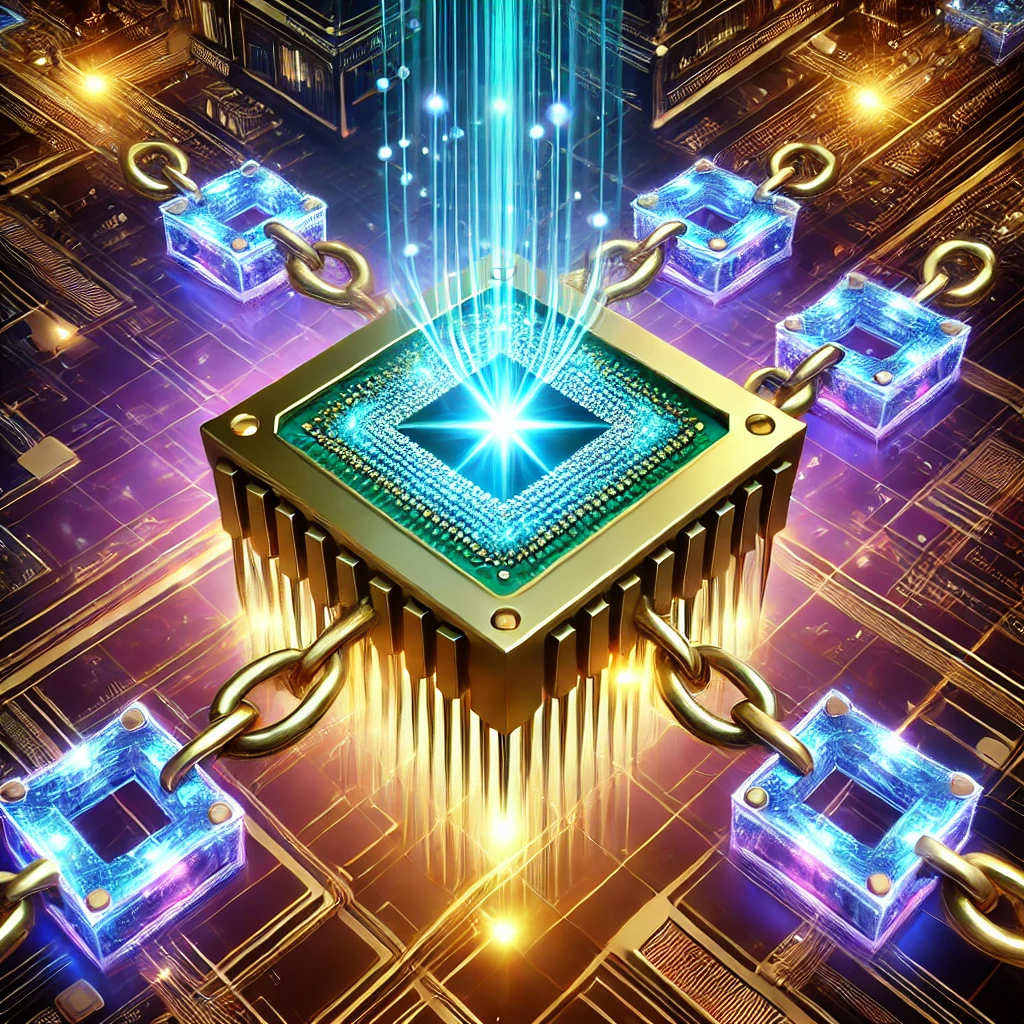By Dr. Suren Movsisyan
The rapid advancements in quantum computing and blockchain technology are set to redefine the digital ecosystem. While blockchain remains the cornerstone of secure and decentralized systems, quantum computing offers immense computational power that can transform its capabilities. However, with great power comes great responsibility—quantum computing also poses risks to traditional cryptographic systems, sparking the emergence of “quantum blockchain.”
What is Quantum Blockchain?
Quantum blockchain refers to the integration of quantum computing principles into blockchain technology to enhance its scalability, security, and efficiency. Leveraging quantum algorithms, this hybrid approach addresses critical blockchain limitations while preparing for quantum-powered threats to encryption.
The Need for Quantum Blockchain
1. Threat of Quantum Attacks
As highlighted by industry leaders like Microsoft, the growing capability of quantum computers could compromise the cryptographic security of current blockchain systems. Breaking traditional encryption algorithms like RSA and ECC would undermine the trust and immutability of blockchain networks. Quantum blockchain, fortified with quantum-resistant algorithms, serves as a proactive defense against such vulnerabilities.
2. Demand for Faster Transactions
The sluggish transaction speeds of traditional consensus mechanisms like Proof-of-Work (PoW) have long been a bottleneck. Quantum-enhanced algorithms can optimize these processes, enabling real-time transactions and reducing latency in blockchain operations.
Real-World Developments and Applications
1. Microsoft’s Quantum Innovations
Microsoft’s recent breakthrough in producing 20 logical qubits demonstrates the potential of quantum systems to enhance blockchain’s computational backbone. By using quantum virtual machines, the company aims to accelerate complex processes such as transaction validation and encryption.
2. Sustainable Blockchain Solutions
With Ethereum and other cryptocurrencies transitioning to energy-efficient proof-of-stake mechanisms, the industry is focusing on sustainability. Quantum blockchain offers a further step forward, combining transparency with quantum-driven optimization for reduced environmental impact.
3. Banking and Finance Adoption
Italy’s largest banking group, Intesa Sanpaolo, recently acquired Bitcoin as part of an experimental investment strategy. With quantum blockchain, financial institutions could achieve unprecedented levels of security and efficiency in crypto transactions, fostering broader adoption.
Key Benefits of Quantum Blockchain
1. Unparalleled Security
Quantum-resistant cryptographic algorithms, such as lattice-based cryptography, ensure that blockchain networks remain impervious to quantum computing attacks. This protects sensitive data and maintains trust in decentralized systems, even in the face of future quantum-powered adversaries.
2. Faster Consensus Mechanisms
Traditional blockchains like Bitcoin and Ethereum rely on time-intensive consensus protocols, such as Proof-of-Work (PoW) or Proof-of-Stake (PoS). Quantum blockchain leverages quantum algorithms to accelerate consensus, reducing latency and enabling near-instant transaction validation.
3. Enhanced Scalability
Quantum algorithms can process large volumes of data efficiently, overcoming the scalability challenges faced by traditional blockchain networks. This allows for seamless operation as user bases and transaction volumes grow exponentially.
4. Energy Efficiency
Quantum computing’s ability to solve complex computational problems with significantly fewer resources could drastically reduce the energy consumption of blockchain operations.
5. Improved Data Integrity and Tamper Resistance
/Quantum technology enhances the security of blockchain ledgers, ensuring that data cannot be altered without detection. This makes quantum blockchain an ideal solution for industries requiring high levels of data integrity, such as healthcare, finance, and legal sectors.
6. Optimized Smart Contract Execution
Smart contracts, the backbone of decentralized applications (dApps), can become more efficient with quantum-powered processing. This allows for the execution of more complex logic and automation in a fraction of the time.
7. Future-Proofing Against Technological Advancements
By integrating quantum capabilities, blockchain networks can proactively adapt to advancements in computing technology, ensuring long-term relevance and robustness against emerging threats

